Based in Valencia for many years and currently residing in Paris, Franco-Algerian singer, cellist songwriter Nesrine is a distinctive storyteller. Her new album “Kan Ya Makan” – the Arabic for “once upon a time” – has something of the aura of a modern ‘Tales from the Arabian Nights’. Her songs in Arabic, French and English have the character of a personal biography, encompassing both Algeria, the country in which her family originated, and her current home town, Paris. With an impressive classical career that began in the East-Western Divan Orchestra and also as a cellist at the prestigious orchestra of Valencia’s Palau de les Arts, ‘Nesrine’ has successfully established herself as a solo artist in recent years.
‘Kan Ya Makan’ aims to reflect her personal history and relationships, singing in two languages in one song for the first time. Her creative process is intuitive and sensual, and together with her producers she has distilled her ideas into compact formats. The album conveys not only her personal experiences, but also her view of the world, portraying migration as enriching and encouraging a broadening of perspectives. In the title track, she embodies the themes of love, art and beauty.
Whereas Nesrine’s previous albums, ‘Ahlam’ with the trio NES (2018) and her solo debut ‘Nesrine’ (2020) took a broader perspective, ‘Kan Ya Makan’ now zooms in close: “My previous albums were more about my view of the world,” says Nesrine. “This one is about my personal story. Many of the pieces are about close relationships between me and other people. But also about me. In ”Dunia’ – the Arabic for ‘life’ – I tell my whole life story, from childhood to the present day.” And what is abundantly clear is how close and how unified the very disparate musical and personal influences on Nesrine have now become. For the first time, she also sings in two different languages, Arabic and French, within the same song. She says: “I firmly believe in this kind of connection and the possibilities it opens up. It’s a real reflection of myself and a liberation. I don’t have to choose one side; I can just be both.”
This reconciliation of apparent contradictions is also reflected in the music. For example, the cello part in the song ‘Bonnie & Clyde’, quotes the prelude from the Cello Suite No. 1 by Johann Sebastian Bach, while elsewhere there are references to Serge Gainsbourg combined with Arabic rhythms; stylistically confident and vocal passages with some judicious vocal processing are blended in to the complexity of layered cello patterns.
Nesrine uses the classical heritage of her instrument in a wide variety of ways, creating bass lines, pads, arpeggios, melody lines – and layering them into elaborate structures of complex clarity. “The cello is my constant companion,” explains Nesrine. “It usually forms the starting point when I’m composing; everything else builds on it. Only sometimes do I have a vocal melody in my head, and only then do I bring in the cello.”
Despite the complexity of her music, writing is first and foremost a sensual, intuitive process for Nesrine: “It’s like capturing information that already exists. I don’t write much music. Whatever I write is just there and that’s it. For the current album, I only had these nine songs. That’s how I always work. My whole working process is very focussed.”
Even though Nesrine mainly talks about herself, her life and her personal connections to other people and things in the songs on ‘Kan Ya Makan’, the album also conveys her view of the world and our time: “If my grandfather hadn’t left Algeria at some point and come to France, I wouldn’t be the person I am today, I wouldn’t be making the music I make. I want my listeners to feel that it’s not primarily a problem when people move from one country to another – it’s a beautiful thing. The current political debates are all about extremes. I don’t think that will get us anywhere. What gives me confidence and strength are the people who listen to my music and my stories. We only see what we want to see. And I want to open people’s eyes with my music.”
Indeed, Nesrine’s voice is now more soulful and sensual on this new album. She now has more “duende” in the tone of her vocals. It is a ‘voz’ that combine impressive technique with the ‘experience’ that comes with years of touring, travelling, recording and most likely learning from the lessons that life throws at us all. That she sings in different languages is an asset too and makes the album all the more adventurous and musical. In light of the terrible floods that Valencia has suffered, her gospel-like song ‘Fear’…. using the metaphor of “a river”… is very poignant.
The cello-led arrangements combine a groove with space that allow the songs to breathe and develop. There’s an understated class and sophistication in the music, that belies her classical education… whilst her multi-lingual singing and lyrics reflects a popular, modern and multi-cultural world. From jazz to classical music to pop to North African influences. Nesrine’s compositions are multi-layered. There is a respect for the past and an eye on the present. Arguably, this is 21st century music with no borders.
Report by ‘24/7 Valencia’ team
Article copyright 24/7 Valencia
More info: https://nesrinemusic.com/
Nesrine / vocals, cello
Vincent Huma / guitar
Grégoire Musso / bass, keyboards
Anissa Nehari / percussion
Rhani Krija / percussion
Paco Soler / trombone
Produced by Nesrine, Grégoire Musso, Vincent Huma
Related Post
This site uses Akismet to reduce spam. Learn how your comment data is processed.


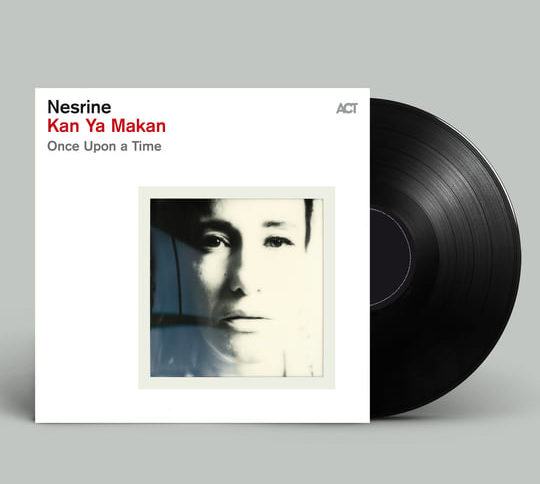
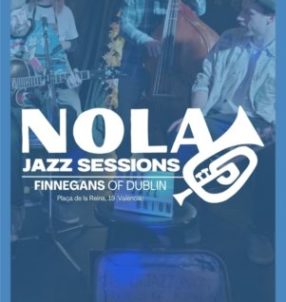


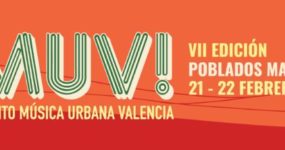
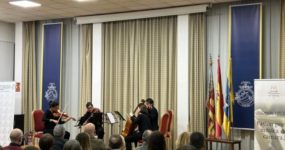

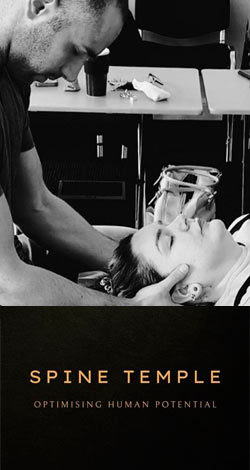















Leave a comment